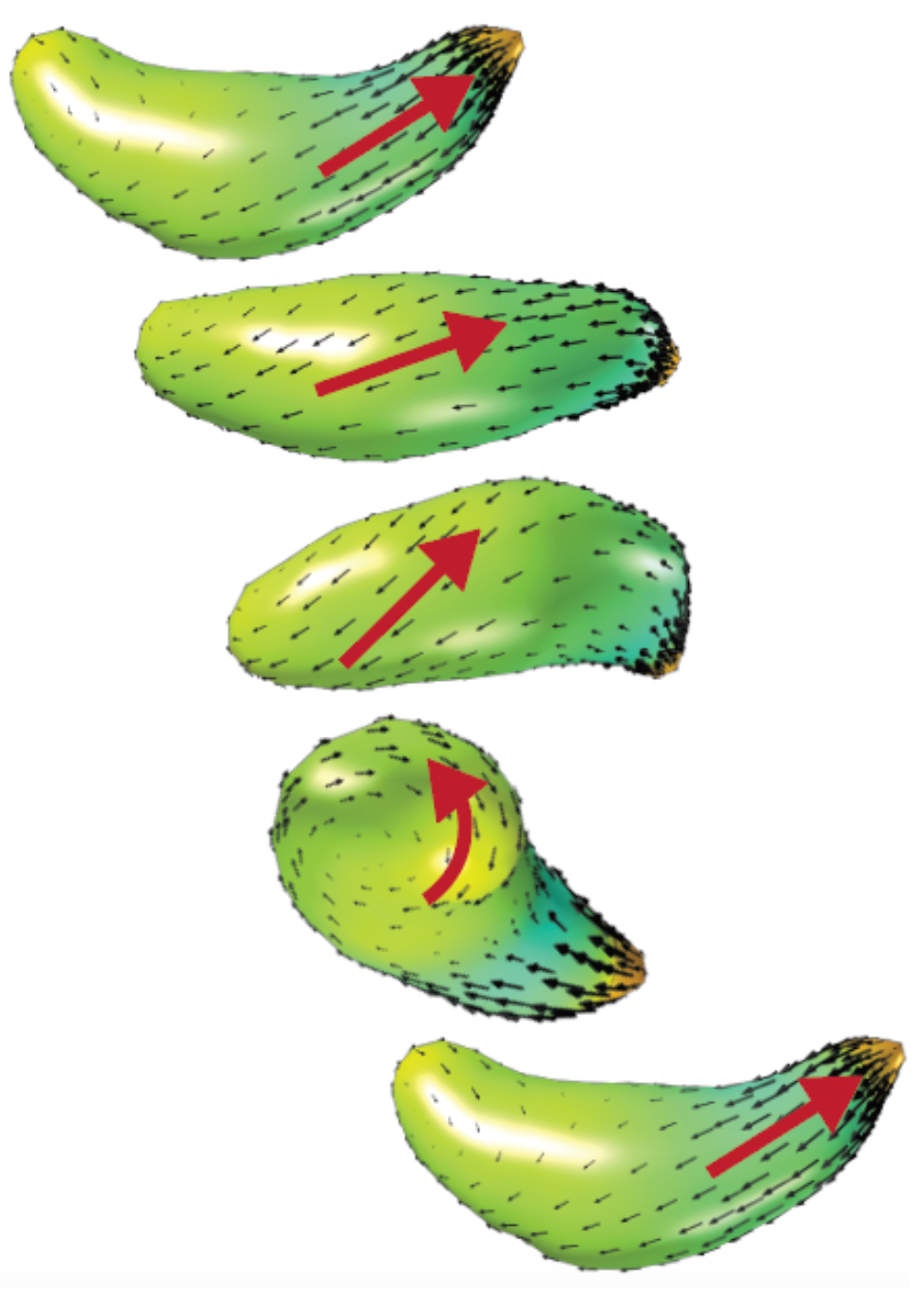Alex Dunn, Stanford University
Molecular mechanisms underlying tissue self-organization
Abstract:
Living cells are the quintessential smart materials, whose ability to move, change shape, and assemble into complex, multicellular organisms ultimately stems from the molecular-scale interactions of their constituent protein components. How exactly nanoscale protein-protein interactions dictate the complex material and functional properties of cells and tissues remains incompletely understood. In this talk I will discuss how symmetry-breaking events involving cellular adhesion and cytoskeletal proteins can potentially yield long-range structural organization in muscle and other tissues. In addition, I will describe how the machinery that powers movement in the unicellular human parasite Toxoplasma can be understood using approaches adapted from active matter theory. In combination, these and other, evolving projects in the laboratory point toward an emerging understanding of how different forms of molecular-scale self-organization may govern the emergence of structure and order in cells and tissues.
Speaker: Alex Dunn, Stanford University
Alex Dunn is a Professor in the Department of Chemical Engineering at Stanford University. His research focuses on understanding how living cells sense mechanical stimuli, with particular interests in stem cell biology and tissue engineering. Dr. Dunn worked as a postdoctoral scholar with James Spudich in the Department of Biochemistry at the Stanford University School of Medicine. He received his Ph.D. at the California Institute of Technology under the direction of Harry Gray, where his work focused on understanding the catalytic mechanism selective C-H bond oxidation by cytochrome P450 enzymes. His work has been recognized with numerous awards, including the Hertz Fellowship, the Burroughs Wellcome Career Award at the Scientific Interface, the NIH Director’s New Innovator Award, and the HHMI Faculty Scholar Award.
Host: Maria Mukhina
Seminars start at 4:00 pm, and refreshments will be served at 3:45 pm. All seminars are held in the Conference Room (1116) of the Institute for Physical Science and Technology (IPST) Building (Bldg #085) unless otherwise noted.



